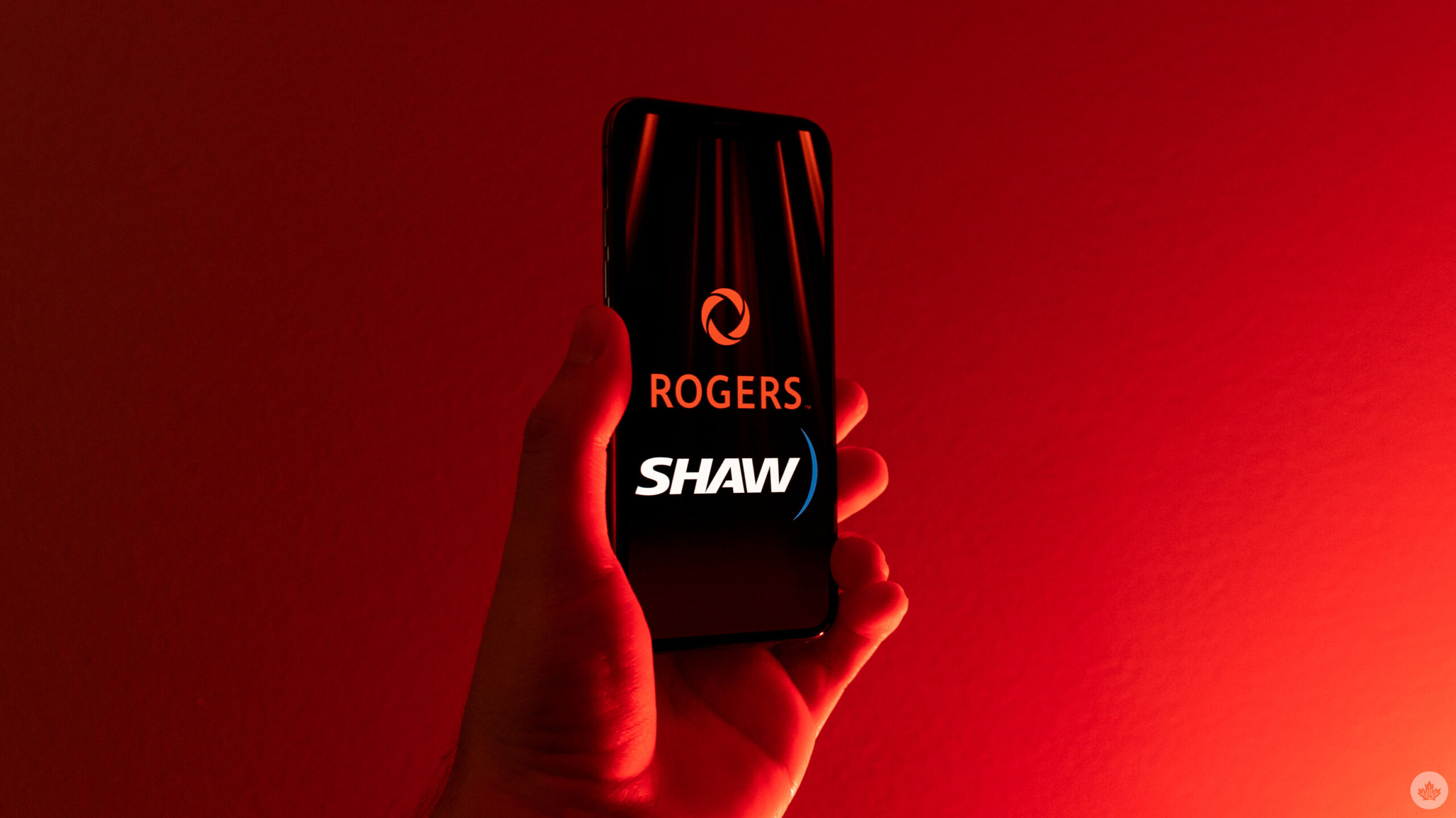
A recent Rogers filing to the Canadian Radio-television and Telecommunications Commission (CRTC) accuses Bell and Telus of opposing the proposed Shaw merger to avoid competing with a stronger broadcaster.
In the document Rogers filed, the carrier claims that acquiring Shaw would enable it to compete with Telus and Bell more effectively. According to The Globe and Mail, Rogers also claimed it would help the company compete against foreign competitors like Netflix.
It comes as a response to requests made to the CRTC by Bell and Telus to deny Rogers’ acquisition. Both carriers raised concerns that the Rogers/Shaw merger would make the company’s broadcasting distribution market too large.
Specifically, the two telecoms argued that Rogers would control 47 percent of the English-language broadcasting distribution market (distribution of TV channels through cable, satellite or internet) if the proposal went through. Shaw’s broadcasting distribution business includes a satellite TV service called Shaw Direct and cable networks in B.C., Alberta, Saskatchewan, Manitoba and Northern Ontario. Bell and Telus say that if Rogers achieved that scale, it would gain control over the availability of programming services.
However, The Globe and Mail notes that Rogers countered those claims by pointing out that Bell is already the largest broadcasting distributor and that the company attempted to buy Shaw as well.
First, Rogers claimed in the submission that Bell had a larger market capitalization than Rogers and Shaw combined and called Bell’s concerns “ironic.” Further, Rogers said that if Bell had gone through with its attempted acquisition of Shaw, it would be advocating for approval of a deal that would create an even larger broadcasting distributor than what Bell’s currently opposing.
The Globe and Mail points out that although Bell attempted to acquire Shaw, it ultimately chose not to because it wasn’t willing to take on the regulatory risk.
CRTC to hold public hearing about merger on November 22nd
Of course, Bell and Telus aren’t the only companies opposing the acquisition. The Canadian Communication Systems Alliance, which represents Canada’s independent internet, television and telephone providers, also filed an intervention. So did Cogeco Communications, which Rogers repeatedly attempted to acquire last year. Moreover, Corus Entertainment warned that the Rogers/Shaw merger could harm Global News.
There are also other regulators scrutinizing the proposed Rogers/Shaw merger. The Competition Bureau is reviewing whether the merger will result in less competition, while the Ministry of Innovation, Science and Economic Development (ISED) will need to approve the transfer of spectrum licences. The CRTC’s role is to examine the transfer of broadcasting assets, and it will hold a public hearing on November 22nd.
It’s particularly interesting to see the carriers leverage competition as an argument both for and against the deal, given that so far, critics have lambasted the proposal for its potential to reduce competition and harm Canadians. Much of the criticism has been directed at wireless since Shaw owns Freedom Mobile. Should the wireless brand end up with Rogers, it’d further reduce the already lacking competition in Canadian wireless.
However, Freedom could be sold off as part of the deal, and Quebecor’s Videotron has indicated it might buy up the wireless business to help expand beyond Quebec. Ultimately, there’s still a long way to go in this process, and things could change significantly in the coming months.
Source: The Globe and Mail
MobileSyrup may earn a commission from purchases made via our links, which helps fund the journalism we provide free on our website. These links do not influence our editorial content. Support us here.


